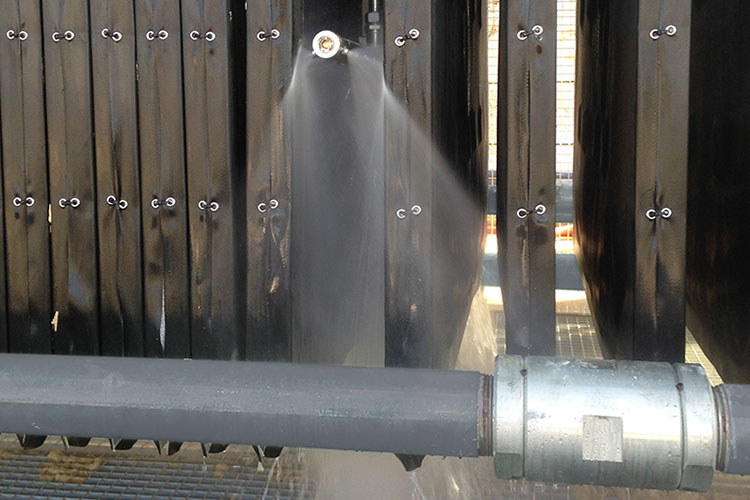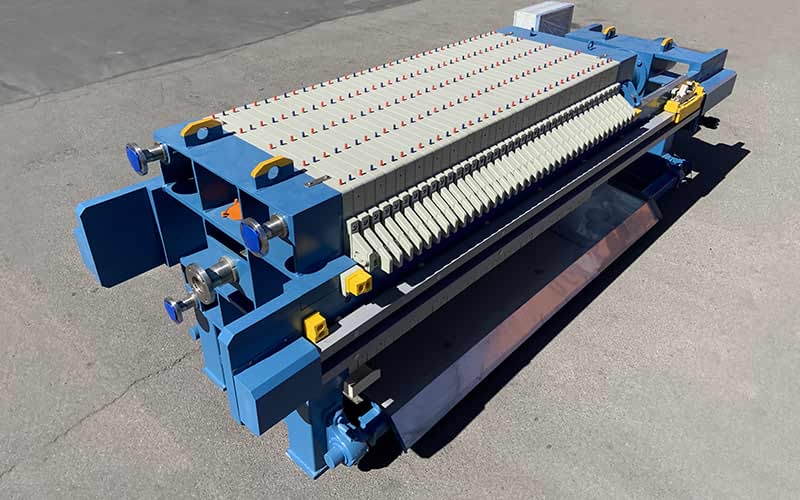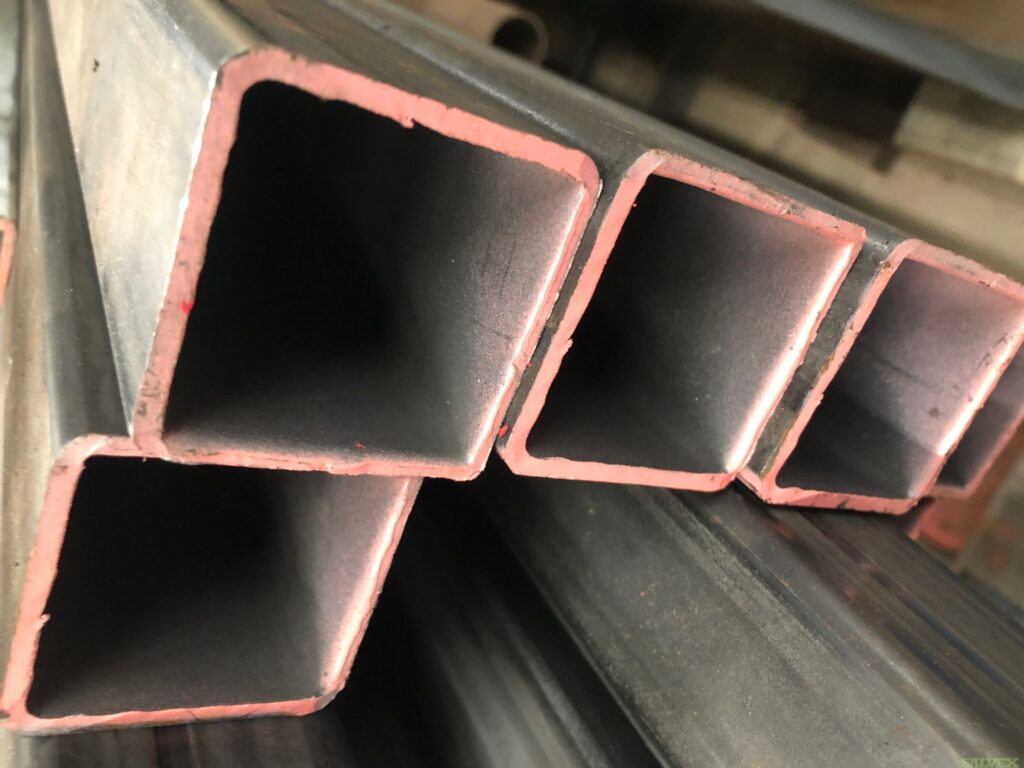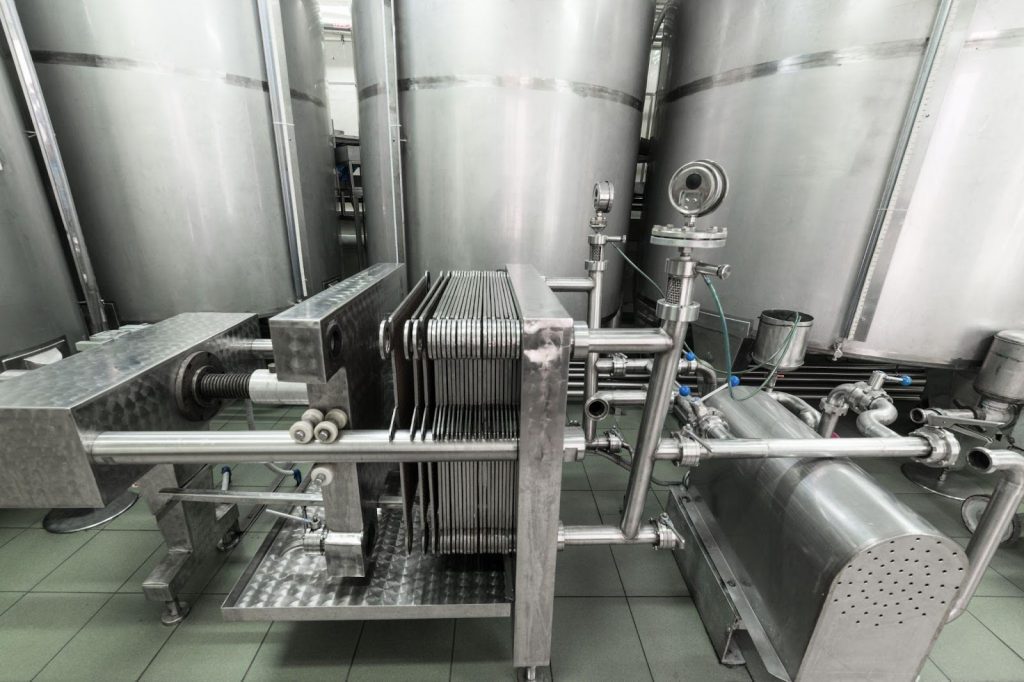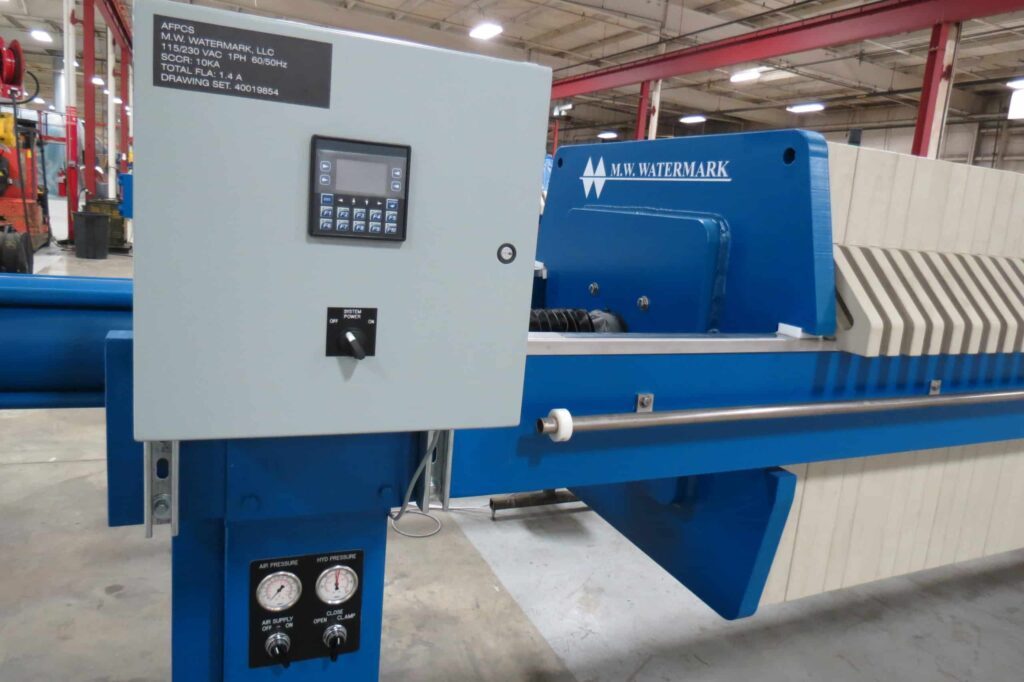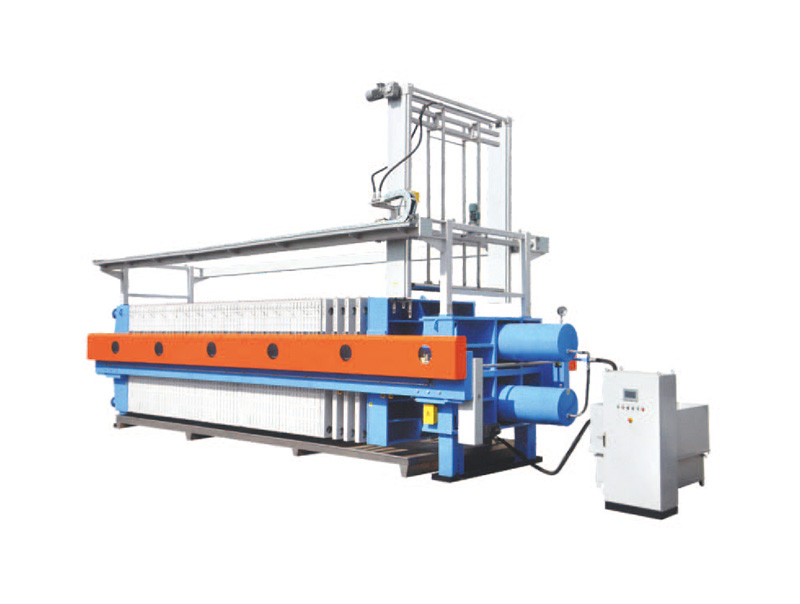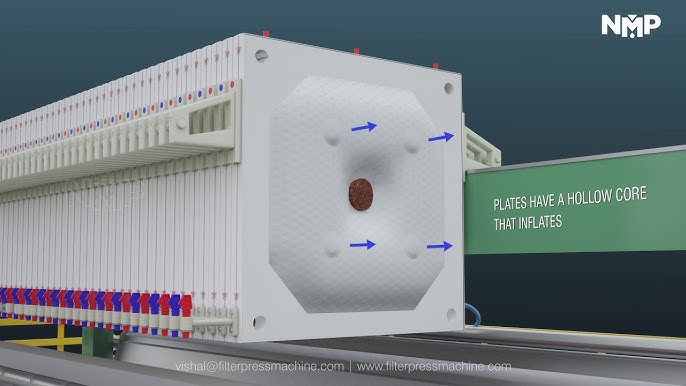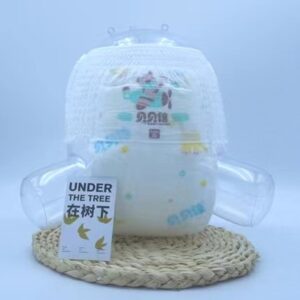Discover the importance of filter press plate sizes in achieving efficient filtration. This article explores the key factors and considerations when selecting filter press plate sizes. From maximizing filtration capacity to optimizing cake formation, learn how choosing the right plate sizes can enhance filtration performance and streamline industrial processes.
Filter press plate sizes play a crucial role in achieving efficient filtration and maximizing process efficiency. Proper selection of plate sizes can significantly impact the filtration capacity, cake formation, and overall performance of a filter press system.
When considering filter press plate sizes, several factors come into play. The size of the filter press itself, the desired throughput, and the characteristics of the filtration process must be considered. Larger plate sizes generally offer higher filtration capacity, allowing for greater volumes of solids to be processed. On the other hand, smaller plate sizes may be more suitable for applications requiring precise control or when dealing with limited space constraints.
Choosing the right filter press plate sizes has several benefits. Properly sized plates optimize the formation of the filter cake, ensuring efficient separation of solids and liquids. This leads to improved filtration performance, shorter filtration cycles, and reduced operational costs. Additionally, it minimizes the risk of clogging or uneven distribution of solids across the plates, enhancing the overall reliability of the filtration process.
Different industries and applications require specific filter press plate sizes. For example, in wastewater treatment, larger plate sizes are often used to handle higher volumes of sludge. In the pharmaceutical industry, smaller plate sizes are preferred for precise separation and product recovery. Other sectors, such as mining, chemical processing, and food and beverage, also have unique requirements that influence plate size selection.
In conclusion, selecting the appropriate filter press plate sizes is essential for achieving efficient filtration and maximizing process efficiency. By considering factors such as filtration capacity, cake formation, and application requirements, companies can optimize their filtration systems and streamline industrial processes. Embracing the right plate sizes enhances filtration performance, reduces operating costs, and ensures consistent and reliable filtration results.





